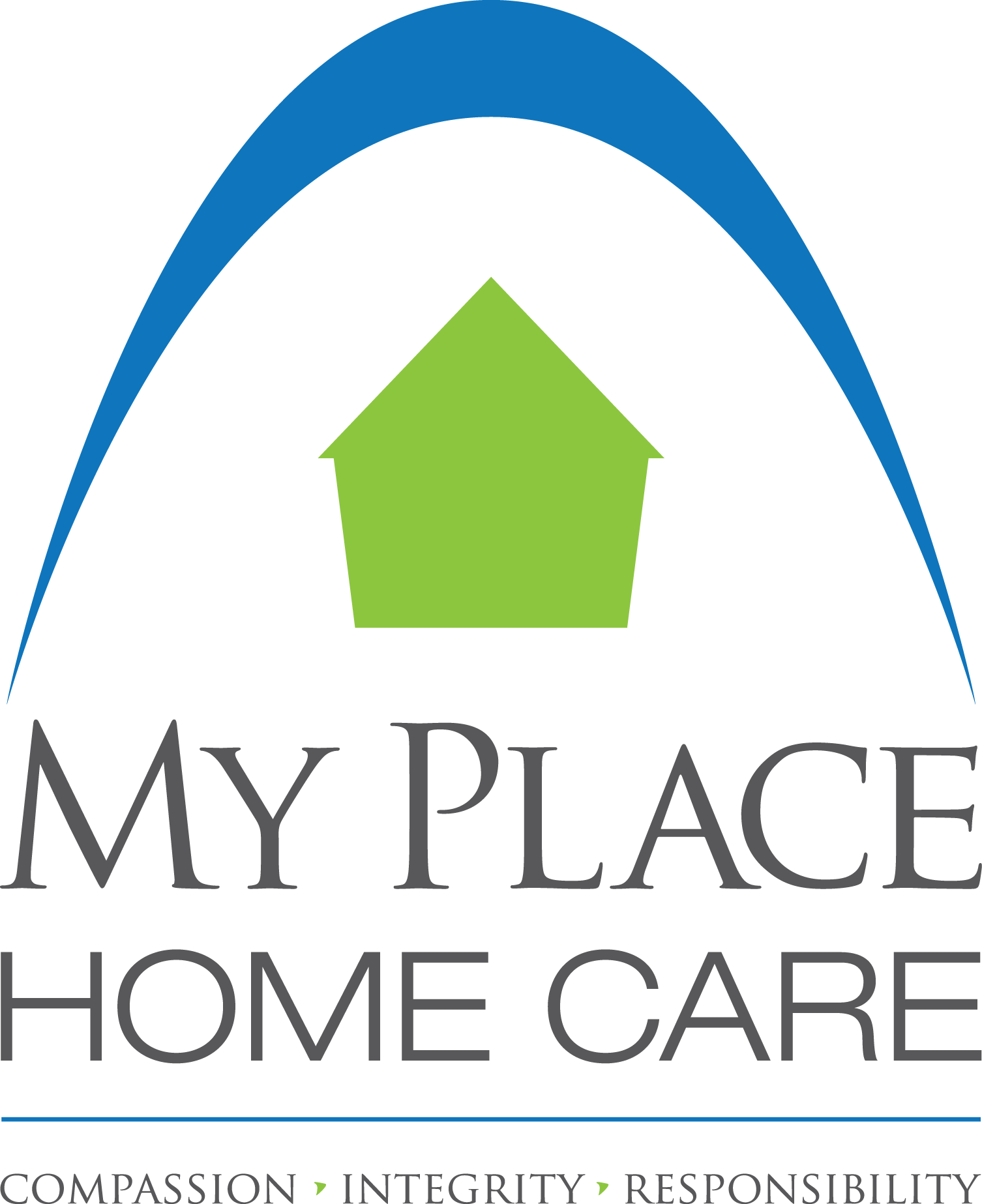
Home care and/or other housing solutions
Knowing when it is time to use home care and/or other housing solutions
It is difficult to know when your loved one needs extra help. It is likely that before your family begins looking for assistance for your parent or loved one, one or many family members are taking on many of the extra tasks that have become necessary for your loved one to live comfortably and safely. These extra responsibilities are typically on top of an already busy life and over time, can become stressful and exhausting. It is rare that your loved one will ever say that they think it is time for more, whether it is home care, a retirement home, assisted living or a long-term care facility. We have composed a list of indicators that your loved one living alone, is no longer safe or viable.
1. Condition of the home
If your loved one never really kept their house very clean, it is nothing new but if your loved one has always kept a clean home, a consistently messy one could be cause for concern. This warning sign could be indictive of either depression or the physical inability to do the household chores they once did. Some examples could be:
- Trash piling up
- Spoiled food in the refrigerator or around the house
- Spills that have not been cleaned
- Laundry not being done
- Dishes piling up in the sink
- Bathrooms become filthy and possibly unusable
2. Trouble driving or anxiety around driving
If your parent no longer seems to pay attention to and follow the rules of the road, that’s a sign that something could be physically or mentally different. This might be a sign they are becoming a danger behind the wheel. Furthermore, if your parents seem reluctant to drive, especially when driving was something they loved to do, that can also indicate their health needs a closer look. Anything from eye problems and muscular skeletal issues to memory loss can make driving a frightening experience for anyone of us.
3. Unexplained weight loss
You may notice that your loved one is experiencing weight loss and they have stated that they haven’t noticed and/or they are not dieting. Pay close attention. This seemingly innocent occurrence is a warning sign that you should not ignore. It can indicate:
- They may be sick without knowing it
- They may have lost their ability to use the kitchen safely
- Their taste buds may have gotten weaker (it happens to all of us over time)
- They may be forgetting to eat regularly
- They may be clinically depressed and experiencing a reduced appetite.
4. Neglecting personal hygiene
This is a serious sign that your loved one needs elder care intervention. It is something you will notice rather quickly, and it could be either physical or mental. Some common reasons hygiene gets neglected:
- They have physical trouble – or feel unsafe – taking a shower
- They forget to take care of themselves every day and don’t realize it
- They are clinically depressed and feel unmotivated.
5. Forgetting to pay bills
This also does not seem to be a big issue, but since it is something your loved one has done for decades, it could be a sign that your loved one is showing signs of a memory illness such as dementia or Alzheimer’s. it may be nothing and could just be some forgetfulness which is common, but it is definitely something worth keeping an eye on
Overall, it is likely that your loved will eventually show one of the following signs that they need additional help. It is important to check in regularly with your loved one and communicate with them about their situation. Sometimes, a loved one may assign a Power of Attorney (POA) for healthcare decisions and if that is you, there are many things you must consider when next steps are necessary.
Based on the circumstances, the best option may be home care, assisted living or a long-term care facility. None of these choices are easy to make and should be discussed fully with the entire family. Depending on how your loved feels about their situation, they too should be included in the decision-making process. This is assuming they do not suffer from any cognitive impairment and are able to make their own decisions. Too often, we treat seniors as children, we must remember they have lived full lives and deserve respect, especially when it comes to their care.
Contact us today for more information about Ottawa Home care and any of our services. Email at: info@myplacehomecare.ca or Call: 613-686-6366

